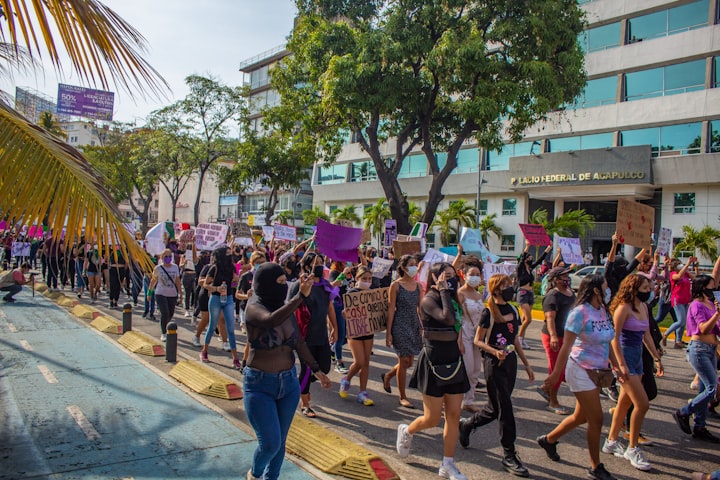The History and Significance of International Women's Day
From a New York March to a Global Movement for Women's Rights

International Women's Day is celebrated around the world on March 8th each year, honoring the social, economic, cultural, and political achievements of women throughout history. But where did this holiday originate, and how did it become such an important event?
The origins of International Women's Day can be traced back to the early 20th century, a time when women's rights were still being fiercely debated around the world. In 1908, a group of women in New York City organized a march to demand better working conditions and the right to vote. The march, which took place on March 8th, drew thousands of participants and became known as the first International Women's Day.
The success of the New York march inspired women in other countries to organize similar events. In 1910, a woman named Clara Zetkin proposed that an International Women's Day be established at the International Conference of Working Women held in Copenhagen, Denmark. The proposal was unanimously accepted, and the first International Women's Day was celebrated the following year in several European countries, including Germany, Switzerland, and Austria.
The early International Women's Day celebrations focused primarily on women's suffrage, with participants calling for women to be given the right to vote and to hold public office. But as the holiday grew in popularity, it began to encompass a wider range of women's rights issues, including economic equality, access to education and healthcare, and an end to discrimination and violence against women.
During World War I, International Women's Day became an important tool for activists fighting for peace and disarmament. Women's groups in Europe and the United States used the holiday to call for an end to the war and to demand that governments prioritize the well-being of their citizens over military conquest.
After the war, International Women's Day continued to be an important rallying point for women's rights activists. In the 1920s and 1930s, the holiday was celebrated with parades, rallies, and public demonstrations around the world. Women's groups used the day to raise awareness about a wide range of issues, from reproductive rights to labor rights to anti-colonial struggles.
Despite its growing popularity, International Women's Day was not officially recognized by the United Nations until 1975, when the UN General Assembly declared March 8th as International Women's Day. Since then, the holiday has become an increasingly important part of the global calendar, with events and celebrations taking place in countries around the world.
Today, International Women's Day is celebrated in a variety of ways, depending on the country and the cultural context. In some places, it is a day for women to take to the streets and demand change; in others, it is a day for reflection and contemplation. In many countries, businesses and government organizations use the day to recognize the achievements of women in their fields and to make commitments to further gender equality.
Despite the progress that has been made in the fight for women's rights, there is still much work to be done. Women continue to face discrimination and violence in many parts of the world, and gender equality remains an elusive goal. But International Women's Day serves as a reminder of the power of collective action and the importance of continuing the struggle for women's rights.
As we celebrate International Women's Day, it is important to remember the women who came before us and fought for the rights we enjoy today. It is also important to recognize the women who are continuing the struggle and to support their efforts in any way we can. By working together, we can create a world where women's rights are truly respected and celebrated every day.






Comments
There are no comments for this story
Be the first to respond and start the conversation.